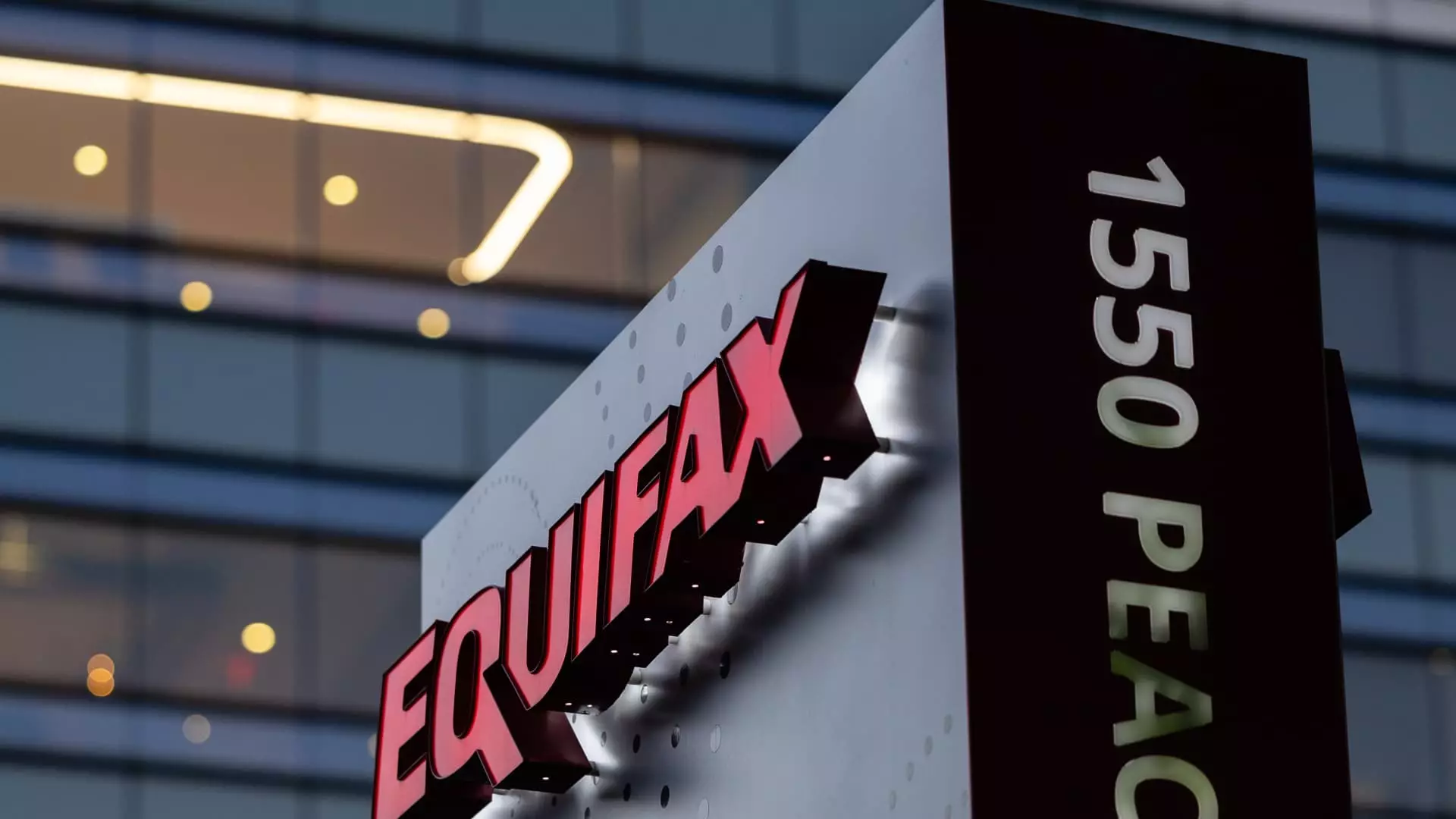In a move that emphasizes the responsibility of credit reporting agencies, the Consumer Financial Protection Bureau (CFPB) has imposed a hefty fine of $15 million on Equifax due to shortcomings in handling consumer credit disputes. This penalty highlights critical issues within the realm of credit reporting, where inaccuracies can lead to significant repercussions in consumers’ financial lives. Equifax, one of the three leading credit bureaus in the United States, allegedly failed to properly investigate disputes raised by consumers, disregarding essential documentation and evidence submitted alongside these disputes. Such negligence calls into question the integrity of the credit reporting system, which underpins decisions regarding loans, employment, and housing.
The CFPB’s findings reveal a pattern of systemic issues within Equifax’s operations. Reports indicated that the bureau had reinstated previously deleted inaccuracies into credit listings and generated confusing correspondence that misled consumers about the outcomes of their disputes. The utilization of flawed software code further exacerbated the situation by producing erroneous credit scores. Given that credit reports serve as a vital financial record, inaccuracies not only tarnish individual credit ratings but can also result in severe financial consequences, from increased interest rates to job rejections.
Adam Rust, Director of Financial Services at the Consumer Federation of America, aptly contextualizes the impact of credit report inaccuracies. He states that they can significantly affect an individual’s capacity to secure loans, gain employment, or even lease an apartment. Each of these daily exigencies is essential to functioning in contemporary society, making the reliability of credit reports paramount. The fine from the CFPB, which dates back to mistakes made since at least October 2017, indicates that millions of consumers were potentially harmed by Equifax’s deficient practices.
With Equifax’s staggering volume of approximately 765,000 consumer disputes processed every month, the scope for errors becomes alarmingly extensive. The implications of such inaccuracies went beyond individual finances and struck at the heart of consumer trust in credit reporting systems, which are critical to the broader financial framework. The recurring failures of credit bureaus highlight an inherent risk within the current structure, suggesting a dire need for systemic reform to instill greater accountability and reliability in credit reporting agencies.
Despite mounting criticism and the fines imposed, Equifax’s spokesperson stated that the company aims to move forward by turning “the page” on the investigation into their practices. They claim that more than $1.5 billion has been invested in technology and infrastructure improvements, signaling an acknowledgment of past errors and a commitment to rectifying them. However, mere financial investment does not equate to effective resolution. It remains crucial that consumers see tangible improvements in dispute handling and a shift toward transparency.
Comparisons can be drawn to the $700 million settlement Equifax reached in response to a significant data breach in 2017 that compromised the data of 147 million consumers. This incident catalyzed public scrutiny, igniting a conversation about the ethical considerations of data management and security in the credit reporting landscape. However, the persistence of inaccuracies and consumer complaints indicates a failure to fully learn from past mistakes.
For consumers navigating these treacherous waters, proactive measures are essential. The Federal Trade Commission recommends that individuals regularly review their credit reports—at least once a year—to ensure accuracy. Adhering to financial hygiene can help mitigate potential hazards. The three major credit bureaus allow consumers to access a free copy of their credit report weekly, creating an opportunity for regular evaluations.
In the event of discovering inaccuracies, consumers should formally dispute errors in writing, providing substantive documentation, and requesting a return receipt. Experts recommend using snail mail rather than online forms, as this often increases the likelihood of a successful resolution. Furthermore, in light of ongoing challenges with credit reporting agencies, reporting complaints to entities such as the CFPB and state attorney general offices can help amplify individual voices. For those unable to engage successfully in resolution after multiple attempts, seeking legal counsel may be prudent to address significant financial damages.
In light of the CFPB’s fine against Equifax, the onus remains on consumers and regulatory bodies to hold credit reporting agencies accountable. As seen in the ongoing scrutiny of these corporations, the need for reformative measures is critical. It is imperative for consumers to remain vigilant about their credit health, understand their rights, and pursue fairness in their financial narratives amid a setting that often skews in favor of corporate negligence. The intricacies of credit reporting demand a paradigm shift in approach, emphasizing transparency and consumer protection as central to financial systems that are fair and equitable for all.

